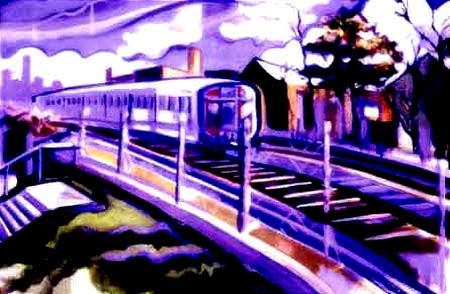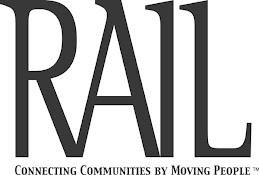Over the past year or longer, the Washington Metropolitan Area Transportation Authority's (WMATA) Metrorail network has existed in a state of crisis, with maintenance failures causing accidents, derailments and a state of service best described as a nosedive. Confidence in the agency from elected officials and the general public is at an all-time low, ridership is plummeting and every problem seems to compound upon itself.
In the midst of this, WMATA is faced with a severe budget crisis that is likely to force additional service cuts and fare increases to close the gap unless area elected officials devote additional funds or propose a long-term, dedicated source of investment for the system.
When transit providers are roiled by severe ridership declines and budget shortfalls, they tend to act like an inexperienced pilot facing aerodynamic stall (or, the inability of an aircraft to maintain lift needed to keep it aloft). The required action when experiencing stall is to reduce the angle of attack (or point the nose of the plane towards the ground) and increase power to gain airspeed. Once sufficient airspeed is obtained, then the nose can be pointed upward again and climb out of the controlled dive.
 |
| image: Ascent Ground Schools |
Of course, this seems counter-intuitive to the basic laws of physics and gravity: if my aircraft is having trouble flying, why would I want to hasten its path towards a possible crash? Unfortunately, this knee-jerk reaction has produced deadly consequences throughout the history of aviation, including the tragic crash of Colgan Air flight #3407 outside of Buffalo, N.Y. in 2009.
WMATA is currently experiencing the equivalent of stall and it's proposed reaction – hiking fares and slashing service at a time when the system is chasing away riders with its poor level of performance – is akin to pulling the plane's nose up during stall. It's perhaps logical – we need to close our budget gap, so we must add revenue and cut costs – in the same way that not directing a plane towards the ground when it can't fly is logical.
Instead, the agency should point its nose down and gain speed by at least maintaining current fares and levels of service. Charging customers more for an inferior product flies in the face of good decision-making. Even better would be to reduce fares to re-attract jaded riders. Perhaps enough riders will return to build additional revenue. WMATA has hardly been forthcoming about any economic analysis that suggests raising fares will produce enough revenue to offset losses in declining ridership numbers.
Mass transit - like WMATA's Metrorail network – is intended to be a volume business: many customers paying lower prices. Instead, these proposed solutions function like an elite product: fewer customers paying higher prices, a recipe for the transit equivalent of stall. Let's hope they pull up on the stick in time.






No comments:
Post a Comment